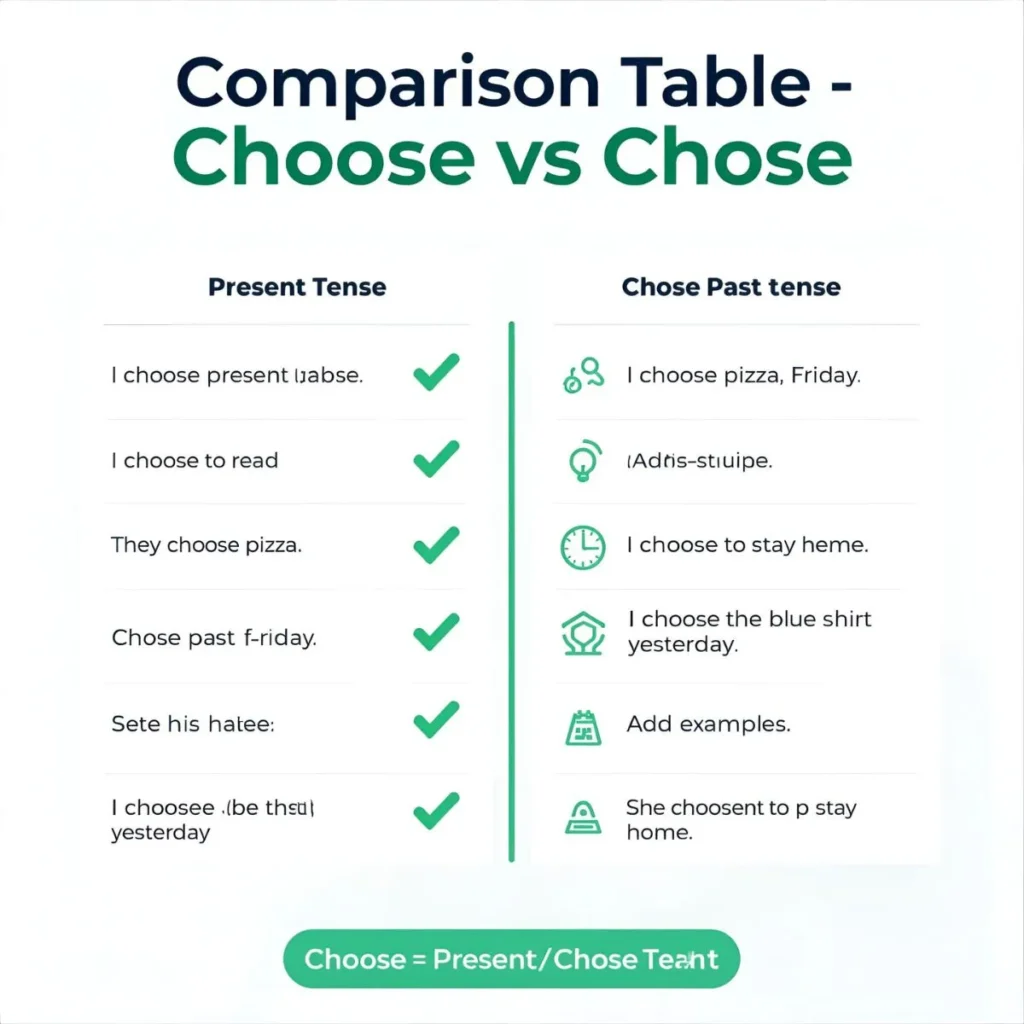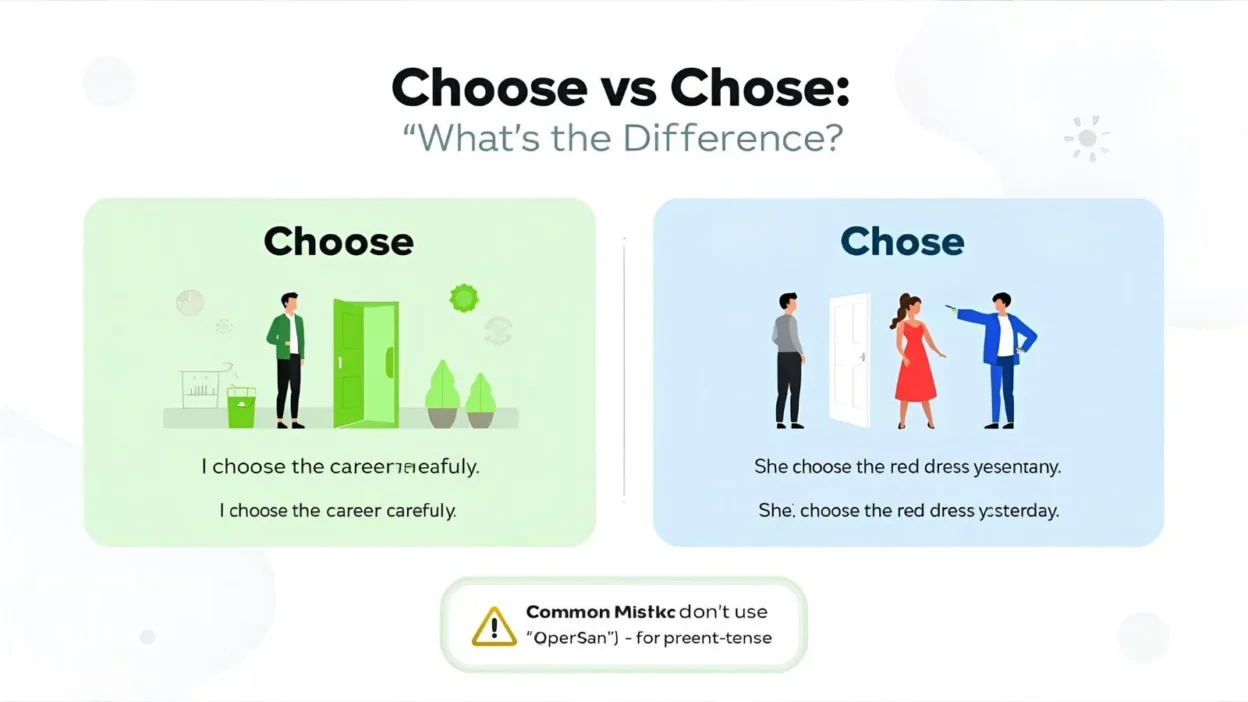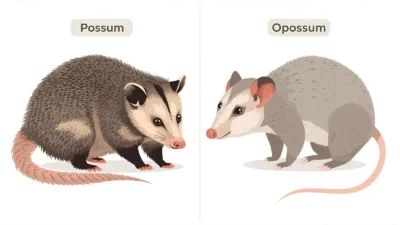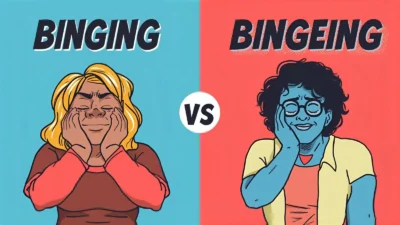If you have ever written something in English and paused, wondering whether to use choose or chose, you are not alone.
Many people search for “choose vs chose” because the two words look almost the same but are used in very different ways.
The confusion comes from their spelling, pronunciation, and the fact that both come from the same root verb.
In simple terms, one word is used for present or future actions, while the other is for the past.
Yet, learners often mix them up, especially in emails, essays, and even professional writing.
This mistake can make sentences look incorrect or unclear.
This article will give you a clear, simple explanation of the difference between choose and chose.
We’ll explore their origin, how they’re used in British and American English, common mistakes, and which form you should use depending on the context.
By the end, you’ll never confuse choose and chose again.
Chose or Choose What’s the Difference?
The words “chose” and “choose” are often confused because they look similar and come from the same verb. However, they are used in different tenses, and understanding the difference makes your writing clearer and more professional. The key rule is simple: “choose” is the present tense, while “chose” is the past tense. If you are talking about something happening now or in the future, you use choose. But if the action already happened, you use chose. Knowing when to use each form helps avoid common grammar mistakes and strengthens the accuracy of your sentences.
Chose vs Choose
The confusion between chose and choose comes down to verb tense. Both words come from the verb to choose, but they are used at different times. Choose is the present tense form, used when the action is happening now or will happen later. Chose is the past tense form, used when the action already happened.
A quick way to remember:
- Choose = now or future
- Chose = past
For example:
- I choose to stay positive today. (present)
- Yesterday, I chose to stay home. (past)
Keeping this simple rule in mind helps you avoid common grammar mistakes and write more confidently.
Choose vs Chose – Quick Answer
- Choose → Present and future tense form.
- Example: I choose to study English every day.
- Example: She will choose a dress for the party.
- Chose → Past tense form.
- Example: Yesterday, I chose the red shirt instead of the blue one.
👉 Rule of thumb: Choose = now or later, Chose = already done.
The Origin of Choose vs Chose
Both words come from the Old English verb ceosan, which meant “to pick, decide, or select.” Over centuries, the spelling evolved, but English kept two different forms to show time:
- Choose → the base/present form.
- Chose → the simple past form.
The difference is not because of British vs American spelling but because of English grammar rules.
Choose or Chose
The words “choose” and “chose” are two forms of the same verb, but they’re used in different tenses. Choose is the present tense, used when you’re talking about a decision happening now or in the future. Chose is the past tense, used when the decision already happened.
Quick rule:
- Choose = present/future
- Chose = past
Examples:
- I choose to start my day with gratitude. (present)
- Last night, I chose to sleep early. (past)
Understanding this difference helps you use the right form every time and avoid common grammar mistakes.
Chooses or Choses
The difference between chooses and choses comes down to tense and subject:
- Chooses → present tense, used with he, she, or it.
- Example: She chooses her words carefully.
- Choses → past tense, used with any subject when referring to a decision that already happened.
- Example: He chose the red dress yesterday.
Quick Tip:
- If the action is happening now, use chooses (for third person singular).
- If the action happened in the past, use chose/choses.
Note: “Choses” as a plural noun also exists in French, but in English, the correct past tense of choose is chose.
British English vs American English Spelling
Good news: there is no difference between British and American English spelling for choose and chose. Both varieties use the same forms.
| Form | British English | American English | Example Sentence |
|---|---|---|---|
| Present/Future | choose | choose | I choose tea over coffee. |
| Past | chose | chose | We chose a new manager last year. |
This makes it easier—no regional spelling confusion here.
Choses or Chooses
The difference between choses and chooses is all about tense and subject:
- Chooses → present tense, used with he, she, or it.
- Example: She chooses to eat healthy every day.
- Chose → past tense, used for any subject when the decision already happened.
- Example: He chose the blue shirt yesterday.
⚠️ Important: In English, “choses” is not a standard form. The past tense is chose, and the present third-person singular is chooses.
Quick Tip:
If it happened in the past, use chose.
If the decision is happening now, use chooses.
Which Spelling Should You Use?
- If talking about now or future: Always use choose.
- If talking about the past: Always use chose.
- In global English (UK, US, Commonwealth): The rules are the same everywhere.
👉 Audience tip: Unlike words such as color/colour, you don’t have to adjust spelling based on your readers.
Common Mistakes with Choose vs Chose
- Using chose for present tense:
❌ I chose this book every week.
✅ I choose this book every week. - Using choose for past tense:
❌ Yesterday, I choose pizza.
✅ Yesterday, I chose pizza. - Confusing pronunciation:
- Choose → rhymes with lose.
- Chose → rhymes with rose.
Choose vs Chose in Everyday Examples
- Emails: I choose to accept your offer today. / Last week, I chose a different supplier.
- News: Voters chose a new leader in the election.
- Social Media: Which one would you choose? (polls, Q&A posts)
- Formal Writing: We chose this strategy after much discussion.
Choose vs Chose – Google Trends & Usage Data
Search data shows:
- Choose is searched more often globally because people use it in questions about decisions.
- Chose spikes in searches from students and learners trying to confirm if it is correct.
| Word | Popular Regions | Common Use |
|---|---|---|
| Choose | USA, India, UK | Grammar questions, online polls |
| Chose | USA, Philippines, Nigeria | Past tense grammar checks |
Comparison Table – chose vs choose

| Word | Tense | Example | When to Use |
|---|---|---|---|
| Choose | Present/Future | I choose to learn English. | Now or future decisions |
| Chose | Past | She chose a new phone yesterday. | Past decisions |
FAQs
1. What is the difference between choose and chose?
Choose is present/future, while chose is past.
2. How do you pronounce choose and chose?
- Choose rhymes with lose.
- Chose rhymes with rose.
3. Is chose correct grammar?
Yes, but only when talking about past actions.
4. What is the past tense of choose?
The past tense is chose.
5. What is the past participle of choose?
The past participle is chosen. Example: I have chosen wisely.
6. Can I use choose and chose interchangeably?
No, they show different time references.
7. Which is more common: choose or chose?
Choose is more common in everyday writing, but both are correct depending on tense.
Conclusion
The confusion between choose vs chose is common, but easy to fix. Remember: choose is for present and future actions, while chose is for past actions. Both words come from the same root, but grammar rules separate them by time.
Unlike other English word pairs, there is no British vs American spelling difference. The key mistake learners make is using chose when they mean choose, or forgetting that chose cannot be used for current actions.
Whenever you are unsure, think about the time frame:
- Talking about now or future? Use choose.
- Talking about the past? Use chose.
With this guide, you can write more clearly and confidently, without second-guessing yourself.




